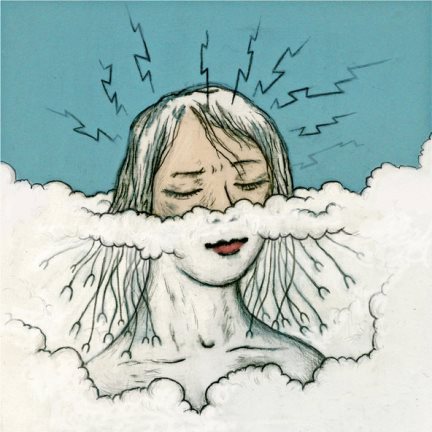Will consumer-led transcranial direct current stimulation revolutionize or hurt mental health?

.
Therapy Borne on Electrical Currents (The New York Times):
“…This is Thync, the latest in transcranial direct current stimulation, or tDCS. The manufacturer says the device, to come out later this year, can alter the user’s mood in minutes via electric current…until recently, it was mostly hobbyists –nine-volt batteries stuck to their heads — who experimented with tDCS as a means of improving concentration, verbal and computation abilities, and creativity. But in the last few years, several companies have introduced slick consumer devices, among them Foc.us, whose headset and controller cost $298, and The Brain Simulator, whose advanced starter kit costs $150…
If Thync does work, some mental health professionals worry it could distract users from developing their own coping skills.”
Learn more:



You can be sure prices will continue to fall in line with popular uptake, particularly among students seeking to sharpen their study. There’s only a few dimes worth of parts in the simpler DC devices, easily assembled in any college physics dept or on the kitchen table.
Nothing new in the technique of course. I recall writing a caption story decades ago about a sprightly Major Herschell, aged 90, who daily ran a metal comb through his sparse hair, with a battery wired between it and a clip on his big toe.
He looked great — though I never saw his feet.